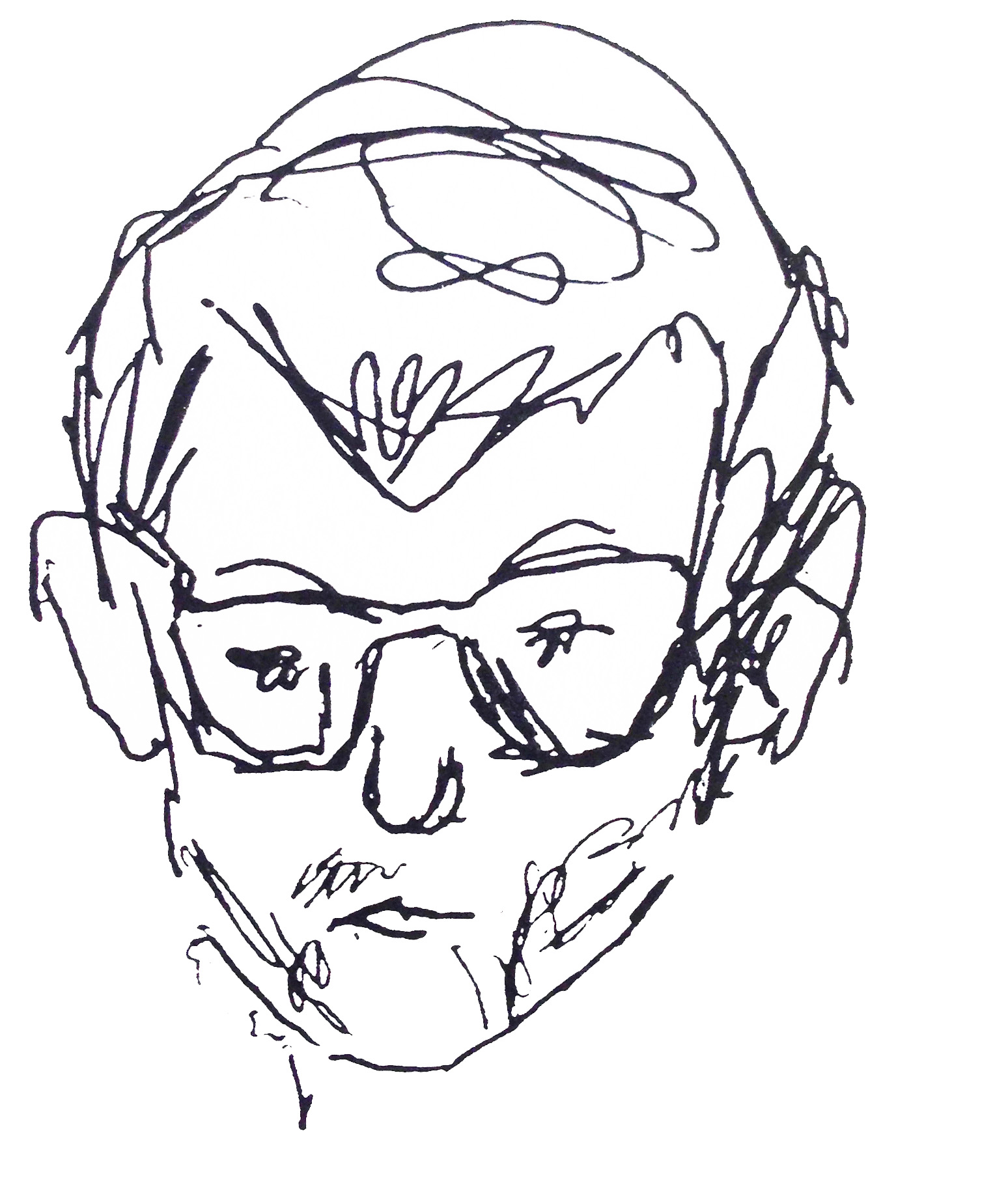Currently
Doctoral research project:
The politics of river-making in southwestern Colombia
This research project focuses on the political, economic, and technoscientific practices that make rivers possible in the contemporary Cauca Valley (Colombia), an eco-region with a long history of contention around the distribution of water use and land ownership. Through archival research and ethnographic writing, I examine the material, affective, and conceptual force of technological revolutions and their aftermaths, as they make —and unmake— rivers. More specifically, my work reflects on the ways people, water, mud, crops, technologies, and animals relate through practice and compose 'rivers' while attending to how these practices relate to global conversations about river management and ecological wellness.
Editorial research project:
Testimony to/of a mourning planet: art, recognition, and justice beyond the human in Latin America
This project brings together scholars, artists, and activists attending to other-than-human forms of suffering and testimony-making in Latin America to shed new light on theories of multispecies and planetary justice (Kirksey and Chao, 2022). It asks: How do claims for environmental justice, artistic practices, and territorial activism encounter one another, and how might these encounters foster legal theories rooted in mutual recognition, where all are addressed as equals deserving of dignity and respect (Fraser, 2000)?
The project will comprise three distinct two-hour discussions centered on sound, silence, and dialogue as grounding notions. The sessions will bring together activists from regions experiencing environmental injustices, Latin American bio-artists whose practice broadens modes of attention and sensibility towards our shared worlds, and UK-based academics studying the political, legal, and ethical implications of such ontological openings.
Engaging in coalitional thinking, this project's objective goes beyond the discussion of legal idioms. It seeks to create a space where participants can explore sensory, conceptual, and affective dimensions in a more-than-human justice framework, with an emphasis on the embodied practices needed to attend to our planet's inaudible mourning.
Areas of Interest:
Science and technology studies [STS] | Latin American Cultural Studies | landscape & infrastructures | history of engineering | environmental history | materialisms | Latin America | hydraulic technologies |

